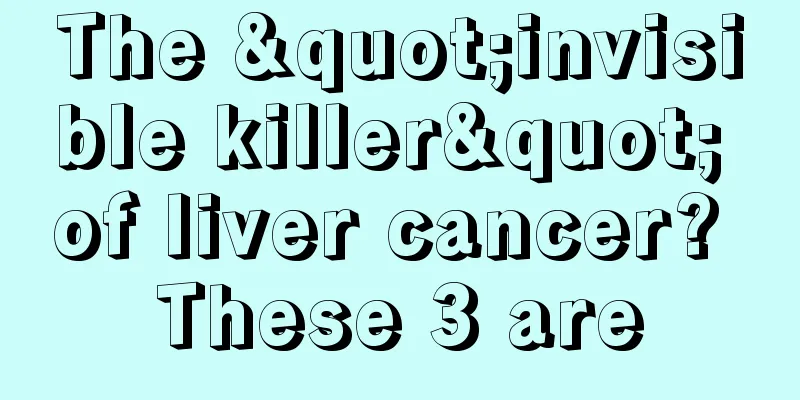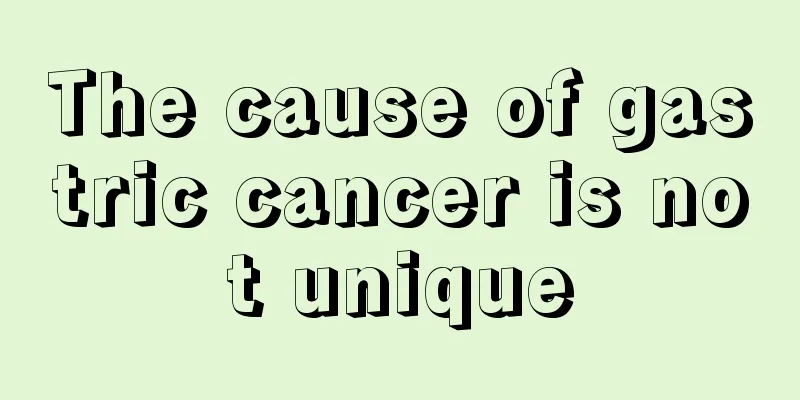Specific medicine to kill Helicobacter pylori

|
Helicobacter pylori is a bacterium that is difficult to cure in modern medicine. Although patients infected with Helicobacter pylori will not be in danger of life, they will suffer from symptoms such as stomach bloating, indigestion, and bad breath, which will seriously affect the patient's quality of life in the long run. In clinical practice, we mostly use anti-inflammatory drugs for treatment, but Helicobacter pylori can only be killed temporarily and will continue to grow over time. So what is the specific drug to kill Helicobacter pylori? Helicobacter pylori is a spiral, microaerophilic, Gram-negative bacillus. Its discovery is of epoch-making significance because studies have found that Helicobacter pylori is the culprit of gastric diseases such as gastric ulcers, gastritis, gastric cancer, and gastric mucosa-associated lymphoma. After the eradication of Helicobacter pylori, gastric ulcers and duodenal ulcers can heal faster, some chronic atrophic gastritis can be reversed or even completely restored to normal. For people with a family history of gastric cancer, eradication of Helicobacter pylori can reduce the risk of gastric cancer. For some low-grade gastric mucosa-associated lymphomas, they can even be cured after eradication of the bacteria. So, what many people are concerned about is, which drugs can treat Helicobacter pylori? First, antibiotics, which is one of the three sharp blades. Although there are many types of antibiotics, not every one of them can kill Helicobacter pylori. Studies have confirmed that antibiotics that can treat Helicobacter pylori include amoxicillin, clarithromycin, metronidazole, tetracycline, furazolidone, levofloxacin, etc. Second, proton pump inhibitors, commonly used ones are omeprazole, pantoprazole, rabeprazole, lansoprazole, and esomeprazole. Third, bismuth agents, such as colloidal pectin bismuth, potassium bismuth citrate, etc. In the past, the medical community used triple therapy, which is two antibiotics + one proton pump inhibitor, or two antibiotics + one bismuth agent, but due to the abuse of antibiotics, the drug resistance of Helicobacter pylori has gradually increased. At the Fourth National Helicobacter pylori Study Group Conference held in 2012, experts unanimously agreed that the quadruple therapy best suits my country's national conditions, that is, two antibiotics + one proton pump inhibitor + one bismuth agent, and the recommended course of treatment is 10 days. So, who should be treated against Helicobacter pylori? First, patients with a family history of gastric cancer are positive for Helicobacter pylori. Second, patients who are Helicobacter pylori positive and have concurrent peptic ulcer, gastritis, gastric cancer, and gastric mucosa-associated lymphoma. Third, patients who are Helicobacter pylori positive and take aspirin and glucocorticoids orally for a long time. If the physical examination only finds that Helicobacter pylori is positive, but there is no obvious organic gastric disease and no special gastrointestinal symptoms, no treatment is needed and dynamic observation can be performed. However, if the individual has a strong desire, Helicobacter pylori eradication can be performed. |
<<: Helicobacter pylori is most afraid of citric acid
>>: The harm of dental veneers_The disadvantages and harms of dental veneers
Recommend
How to wash clothes with oil stains
The thing people are most afraid of doing is to c...
What should I do if my eyes are bloodshot after being hit
If your eyes become bloodshot due to some acciden...
What are the examination methods for tongue cancer
How many methods are there to check for tongue ca...
How much hair is normal to lose after washing your hair
When washing their hair, many people will find th...
What are the diagnostic methods for gastric cancer?
In recent years, gastric cancer has become one of...
Can river crabs be boiled
River crabs can be boiled or steamed. You can lea...
Hand-warming pillow, the advantages of a warm pillow
Hand-warming pillows are also quite popular, espe...
Sweating, chest tightness, general weakness
Sweating, chest tightness and general weakness ar...
What to do if liver cancer recurs and the patient has abdominal distension
The body of the patient is very weak after liver ...
What is the fastest way to replenish platelets
I believe everyone has learned about platelets in...
What are the manifestations of primary liver cancer in CT examination? Pay attention to two paragraphs when checking primary liver cancer
The CT manifestations of primary liver cancer are...
What are the benefits of massage and cupping
Many places have massage and cupping as a health ...
Is there a high risk in pituitary tumor surgery?
For some patients, surgical treatment is often th...
Which department should I go to for bladder cancer
We have a lot of doubts about the occurrence of b...
Does having less hair in whorls really mean you are bald?
Many people think that having less hair in the wh...









